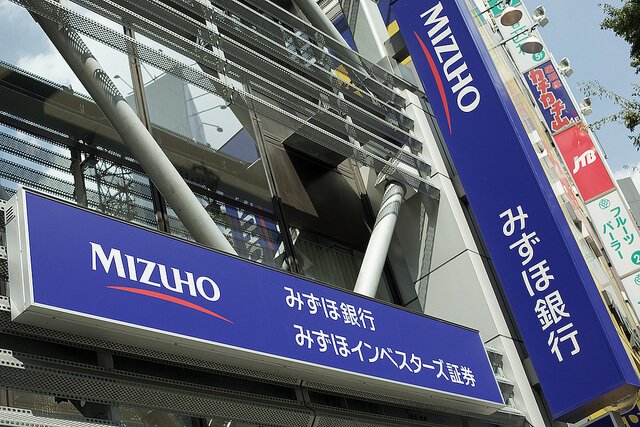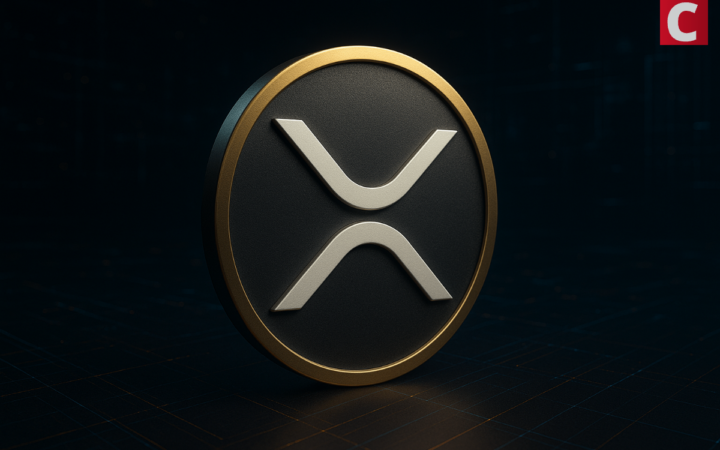Taking strong interest in blockchain, cryptocurrencies, and IoT, Tatsiana Yablonskaya got deep understanding of the emerging techs believing in their potential to drive the future.
Ripple has just announced partnership with Mizuho Financial Group (MHFG), one of the largest financial groups in Asia, to adopt blockchain technology for cross-currency settlement.
Ripple and Mizuho are planning to address the weakest points of cross-border payments – high costs and settlement delay – with blockchain. Ripple offers solutions that can reduce the total cost of settlement, enable banks to conduct transactions directly with real-time certainty and provide greater transparency and control through the process.
The collaboration gives Ripple benefits in a high-volume region for trade and remittance payments as Japan processes $1 trillion in cross-border payments annually.
SBI Holdings, a Japanese financial services company, also takes part in collaboration following its joint-venture partnership with Ripple Labs this year. Mizuho will employ SBI’s presence in the territory to expand its blockchain-based operations throughout Asia.
Ripple differs from other blockchain-based solutions as it offers banks more control over their applications. Partnership with SBI Holdings provides Ripple with a much wider area for trade and remittance payments thus offering new markets. SBI Holdings operates in more than 20 countries including China, South Korea, and other ASEAN countries.
Mizuho has recently announced its plans to acquire fintech startups to gain a competitive edge in the financial industry. According to the group’s President Yasuhiro Sato, Mizuho needs to develop a new fintech business in the near future to be able to compete with the leading US-based and European companies.
The organization has focused on the US fintech companies dealing with big data processing and artificial intelligence. Mizuho will reportedly allocate as much as $100 million for new acquisitions and will likely enlarge the funds later this year.
Ripple can boast of the BitLicense it has recently got from the New York State Department of Financial Services. The regulators admit that they had rigorously studied Ripple’s anti-money laundering, capitalization, consumer protection, and cyber security standards to issue the license.
“DFS is pleased to continue to foster the growth of the New York virtual currency marketplace and industry through thoughtful and appropriate regulation,” said Acting Department of Financial Services Superintendent Maria T. Vullo. “DFS will continue to progress on licensing virtual currency firms while acting in the best interests of New York consumers.”
In September 2015, Circle, a digital currency company founded in 2013 by Internet entrepreneurs Jeremy Allaire and Sean Neville and backed by leading venture capital investors, was lucky to get the first BitLicense. Interestingly, Circle had earlier expressed its dissatisfaction with too strict rules of the BitLicense. Some kind of compromise must have been found later and Circle agreed to the irrefutable requirements for operating with bitcoin.





